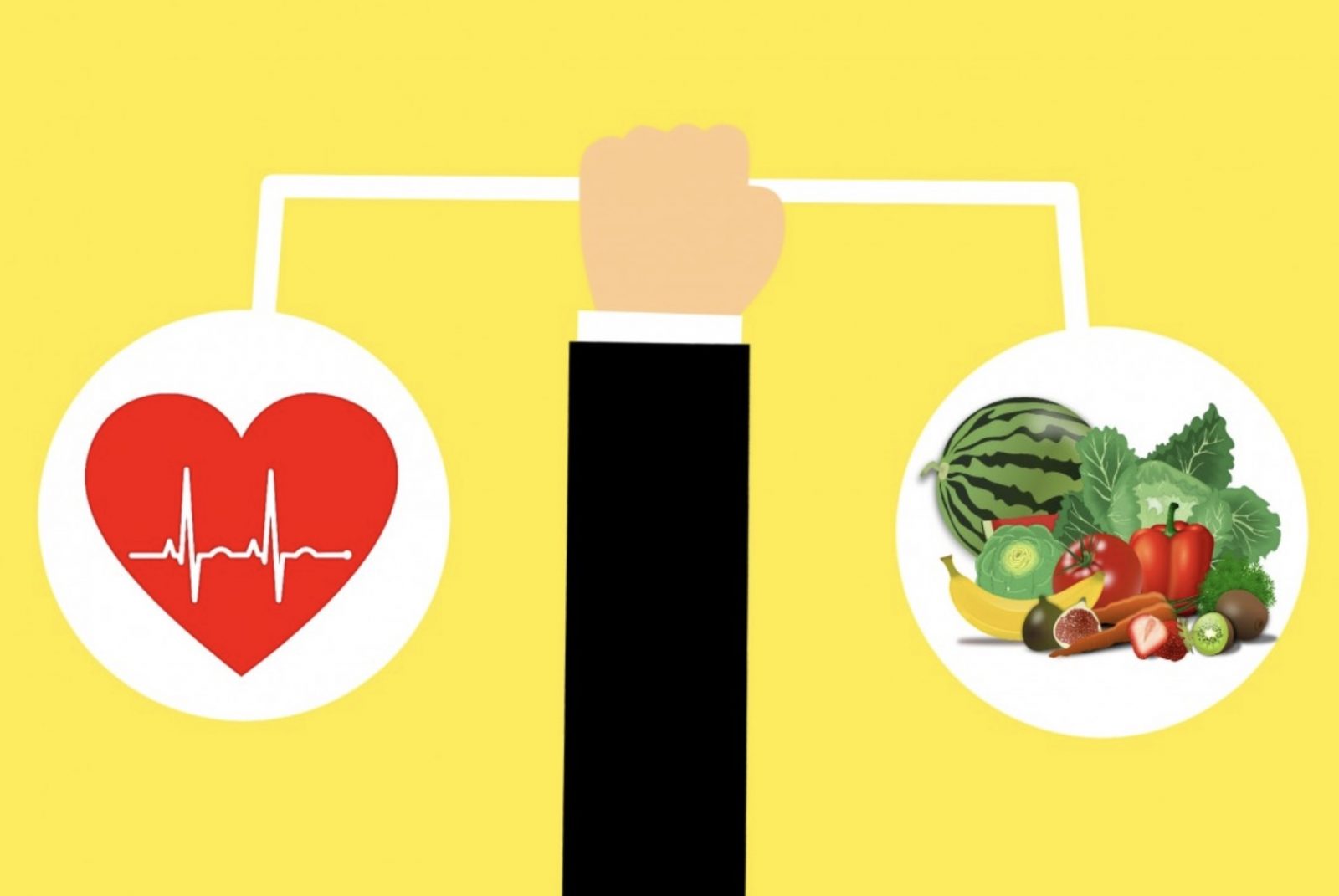Major illness often leaves a mark on the body even after it’s been fully eradicated. This is because most major illnesses target multiple organs of the body, directly or indirectly, and in one way or another. Be it surgeries or stroke, both the illness as well as the operations – completely necessary though the treatment might be – can leave you depleted with major nutrients, leave you with long-term pain, or cause enough stress to leave a physical mark on your body. For this reason, it is extremely important to take charge of your own recovery after a major illness. Stay mindful and make your recovery a key focus of your life. Here are 15 tips to bring your body to its optimal level of functioning, even after you’ve faced down a major illness.
Reader's Roadmap
Do Periodic Testing
One key rule is to prevent more harm. For that, you might need to undergo periodic screening to make sure you’ve kept the health condition at bay. A small price to pay for long-term health and peace of mind! Be it a CT scan full body, MRIs, ECG, or other screening and diagnostic tests, these tests can detect health conditions early and can thus give you the time and space to fight the disease on your own terms. For example, a short, low dose CT scan full body such as the one offered by reputed medical screening firms such as Ezra, is excellent for looking for medical conditions such as heart disease and lung cancer. These scans also use an extremely low dose of radiation over a very short period of time, making them safe for your body. Ezra has a complete guide on what to expect when you have a CT scan.
Stay Mindful
Long-term recovery is an ongoing journey. It involves making lifestyle changes, as well as attitude changes. A major illness often serves as a wake-up call for people to take charge of their own life and health. Use the illness as motivation to get back in shape, or to improve your fitness levels from before. The key thing is to keep your recovery as one of the central themes of your life going forward. This doesn’t mean you need to advertise it to the whole world. On the contrary, it means reminding yourself daily that you still have a lot of things going for you, and that you will do everything you can to stay positive and stick to your wellness journey.
It might be a good idea to share your goals with just your closest family or friends in the beginning. If you have to explain it to others, keep it short. It can be tempting to make promises and predictions. But it is often better to keep your goals to yourself and your loved ones, and let your results do the talking. Then, if people ask you for advice once they see what you’ve achieved, feel free to share your journey if you think it’s a good idea.
An attitude change can also go a long way in boosting long-term recovery, so guard your new positive, mindful outlook zealously. Speak to your friends or family if you find your optimism and your resolve dipping. Speaking with therapists qualified in health recovery can also be a good idea.
Start a Diet Plan
This doesn’t mean a faddish, punishing diet. Instead, seek advice from your doctor. Most doctors will be happy to share what an ideal diet looks like after a health scare like yours. Ask for specifics. Your diet will largely be unique to you and your health condition. For example, following some health conditions, certain food groups such as sugar might need to be severely reduced. People who are on a strict diet plan, usually use supplements to cover all the important vitamins that they lack as a result of having less variety of food. Oral supplements or fluid supplements help not only keep the balance of your vitamins but also to improve your immune system and boost your energy, which again, can be an issue especially if you just started your diet. Your dietitian or nutritionist can guide you to better understand what types of IV solutions or oral supplements you may need.
If you find it all overwhelming, speak with your doctor about it and maybe start small. Sometimes, even a small change can be a good start. Stay patient with yourself and don’t rush the results. Doctors will also advise you to stay busy so your mind doesn’t fixate on what you can’t eat.
Create a Fitness Regimen
An active lifestyle can go a long way in promoting not just physical but also mental wellbeing. Ask your doctor about the kind of physical activity you are allowed. Don’t exceed this. You might need to start with gentler exercise and then move it up by a few notches as your doctor advises. Exercise has been shown to have a huge range of benefits on all areas of the body. It boosts blood circulation and helps release feel-good hormones such as endorphins. Endorphins are often called natural painkillers because they flood your body with a deep sense of calm and well-being.
Exercise also has cognitive and mental health benefits. There are a number of studies that show that exercise makes various parts of the brain stronger, thus improving memory, cognition, focus, etc. Exercise has also been shown to help with depression, anxiety, and mental health in patients undergoing illness.
Fix Your Sleep
Sleep is one of the best natural restorers of health, both physical and mental. Sleep gives your body and your brain a chance to rest and reset and rejuvenate both for a fresh start every brand-new day. Sleep has been shown to improve concentration and productivity when you’re awake. It can also help you lose weight faster as a good sleep reduces hunger pangs and food cravings. Additionally, sleep helps in stabilizing and regulating emotions. Finally, sleep also helps strengthen your heart and immune system.
Lack of sleep, on the other hand, can actively impede recovery. It increases inflammation in the body and can significantly slow down reflexes. Lack of sleep has also been scientifically proven to cause people to withdraw socially and experience greater loneliness. If you’re experiencing sleeplessness, speak with your doctor and ask for medication or advice to help you sleep better.
Being mindful of your own health after a major illness will go a long way in keeping you healthy and active. Follow these tips to bounce back to your natural levels of energy as much as possible. Or better yet, to improve upon your baseline energy level! Remember, any improvement, big or small, is completely worth celebrating!







Leave a Reply
View Comments